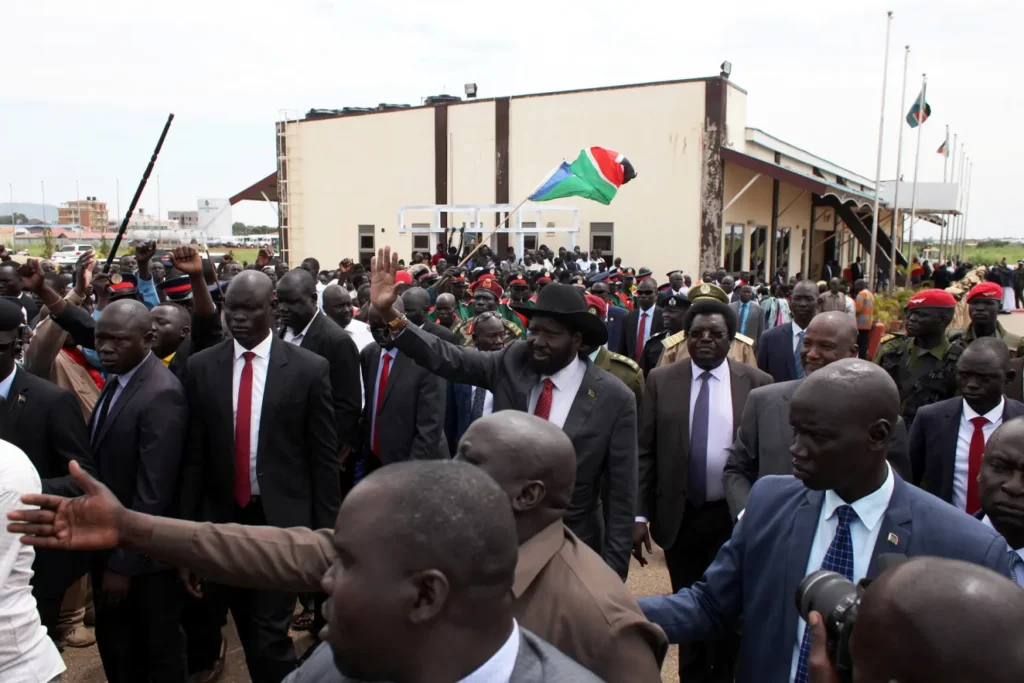
Sudan’s poetic legacy can be traced back to ancient civilizations that thrived along the banks of the Nile. The Kingdom of Kush, with its capital at Napata, was a cradle of early Sudanese poetry. The ancient Kushites composed hymns, praises, and incantations in honor of their deities and rulers, etching their words onto stone and papyrus.
The Influence of Islam:
The arrival of Islam in Sudan during the 7th century brought Arabic language and culture to the region. Arabic poetry soon intertwined with Sudan’s native traditions, resulting in a unique fusion. This period saw the emergence of renowned poets like Al-Ma’arri and Al-Mutannabi, who composed verses inspired by both their faith and the Sudanese landscape.
Colonial Struggles:
Sudan’s encounter with colonial powers in the late 19th century left an indelible mark on its poetry. Poets like Ali Abdel Latif and Ali Al-Rizqi chronicled the challenges posed by British and Egyptian colonialism, using their verses to call for liberation and justice. Their poetry became a rallying cry for a nation striving to regain its independence.
Post-Independence Resonance:
Sudan achieved independence in 1956, but the nation’s poets continued to grapple with political, social, and cultural issues. The works of iconic poets like Mahjoub Sharif, Al-Saddiq Al-Raddi, and Abdel-Rahim Abu Zeid shed light on the complexities of Sudanese identity, often expressing the struggles of a diverse population coming to terms with its multifaceted heritage.
Modern Expression:
Today, Sudan’s poetry scene is experiencing a renaissance. Poets such as Safia Elhillo, a Sudanese-American who gained international acclaim, are using their words to bridge the gap between Sudan’s diaspora and its homeland. Their poems resonate with themes of identity, displacement, and longing, capturing the experiences of Sudanese people around the world.
In the midst of political changes and societal challenges, Sudan’s poets continue to be the torchbearers of the nation’s history and aspirations. Their verses are not just words on paper but a testament to the resilience of a nation that has weathered countless storms throughout its history.
As Sudan’s poetry scene continues to thrive, it remains a powerful means of preserving the country’s cultural richness and reflecting the enduring spirit of its people. The poetry of Sudan is not only a source of pride for its citizens but also an invaluable window into the nation’s past, present, and future.



